Five Key Responsibilities of an Educator
Educators play a vital role in shaping our children's future and, by extension, our society, making a career in early childhood profoundly impactful. Their responsibilities go far beyond just teaching subjects; they are mentors, guides, and supporters of their students' overall development.
Discover the five key responsibilities of educators in Australia and how they shape the learning environment for students. In this blog, we will talk about educators' core duties, particularly those working in early childhood education.
Planning and Implementing Educational Programs
One of the primary responsibilities of an educator is to design, plan, and implement educational programs that meet their students' developmental and learning needs. This involves creating lesson plans, selecting appropriate teaching materials, and developing activities that engage students and foster a love for learning.
Educators must tailor their programs to suit the diverse needs of their students, taking into account different learning styles, interests, and abilities. They often collaborate with colleagues to ensure that the curriculum is comprehensive and aligns with educational standards.
Example: In Australia, educators might follow the guidelines set by the Australian Curriculum, Assessment and Reporting Authority (ACARA) to ensure their programs meet national standards.
Creating a Safe and Inclusive Learning Environment
Creating a safe and inclusive learning environment is crucial for student success. Educators must ensure that their classroom is a welcoming space where all students feel valued and supported. This involves implementing policies that promote respect, diversity, and inclusion.
Educators should also be proactive in identifying and addressing any issues of bullying, discrimination, or harassment. By fostering a positive classroom culture, educators help students feel secure and ready to learn.
Example: Implementing anti-bullying programs and celebrating cultural diversity through classroom activities and discussions.
Assessing and Reporting on Student Progress
Regular assessment and reporting are essential components of an educator's role. Educators must evaluate their students' progress through various assessment methods, including quizzes, exams, projects, and observations. These assessments help educators understand each student's strengths and areas for improvement.
Accurate and timely reporting of student progress to parents and school administration is also a key responsibility. Educators use this information to tailor their teaching strategies and provide additional support where needed, a common practice for anyone with a bachelor of early childhood.
Example: Using formative assessments to provide ongoing feedback and summative assessments to evaluate overall student performance at the end of a term.
Engaging with Parents and the Community
Effective communication and collaboration with parents and the broader community are vital for student success. Educators must build strong relationships with parents, keeping them informed about their child's progress and involving them in the learning process.
Community engagement can take many forms, such as organizing school events, participating in community projects, and fostering partnerships with local organizations. These efforts help create a supportive network for students and enhance their learning experiences.
Example: Hosting parent-teacher conferences and creating newsletters to keep parents updated on classroom activities and student achievements, which is a common practice for those holding a diploma of early childhood education.
Professional Development and Mentorship
Continuous professional development is essential for educators to stay current with the latest teaching strategies, technologies, and educational research. Educators should actively seek growth opportunities, such as attending workshops, enrolling in advanced courses, and participating in professional learning communities.
In addition to their development, experienced educators often take on mentorship roles, guiding new teachers and sharing their knowledge and expertise. This collaborative approach helps build a strong educational community and improves the overall quality of teaching.
Childcare Educator Responsibilities
Childcare educators have specific responsibilities that focus on the developmental needs of young children. These include creating a nurturing environment, planning age-appropriate activities, and ensuring the health and safety of the children in their care, especially if you are a lead educator within the early childhood sector.
Childcare educators must also work closely with parents to support the child's development and address any concerns, which is a crucial aspect of early childhood education and care. Their role is critical in laying the foundation for lifelong learning and social skills.
Example: Developing sensory play activities that stimulate young children's cognitive and motor skills.
Qualifications for centre-based services with children preschool age or under | ACECQA
How Educators Use Their Skills
Educators use a wide range of skills to fulfil their responsibilities effectively. These include:
Communication: Clear and effective communication with students, parents, and colleagues.
Organization: Planning and organizing lessons and activities.
Adaptability: Adjusting teaching methods to meet diverse student needs.
Empathy: Understanding and responding to the emotional and developmental needs of students.
Problem-Solving: Addressing challenges and finding solutions to support student learning.
Becoming an Education Officer
If you're interested in advancing your career in education, consider becoming an education officer. Education officers work in various settings, including schools, government agencies, and educational organizations, to develop policies, programs, and resources that support teaching and learning.
Promote Diploma and Certificate Courses:
Diploma of Training and Development
These courses provide the skills and knowledge needed to excel in education roles and contribute to the advancement of the educational sector.
Educators play a multifaceted role that extends beyond teaching. They are planners, mentors, communicators, and lifelong learners dedicated to fostering student success. By understanding and embracing these key responsibilities, educators can make a profound impact on their students' lives and the broader educational community.
Start Your Education Journey with LOP.
FAQ
What is educators' role in facilitating learning?
Answer: Educators urge your kid to build confidence, resilience, and self-esteem. Children are strong, distinctive, and resilient people capable of complicated thinking and forming their own opinions. Great instructors and educators understand this and will reinforce it with each learning opportunity.
What is the daycare educator's responsibility for care?
Answer: Educators must take reasonable precautions to safeguard the children in their care and control from reasonably foreseeable danger. If injury is caused by a failure to exercise the requisite standard of care, a negligence claim may arise.
What are the teacher's tasks and obligations in inclusive teaching?
Answer: Teachers assess their unique students' social, emotional, behavioural, physical, and intellectual skills. They confer with the student's parents or guardians to learn more about their needs. Using this information, instructors develop tailored instruction programs and appropriate modifications.
What is the educator's role in teaching?
Answer: Their responsibilities now include counselling, mentoring, and teaching students how to use and apply information in their lives. Teachers are increasingly seeking methods to affect pupils on a deeper level, even inspiring them to be and do more.
What does an educator do?
Answer: An educator instructs pupils in a classroom or other learning setting. Teachers' responsibilities include creating and delivering lesson plans, overseeing students in the classroom, grading assignments, and managing classroom procedures and expectations.
What exactly is the duty of a professional educator?
Answer: Teach a specific curriculum area or a general curriculum to a year level. Monitor, analyze, and report on students' progress in key learning areas. Implement techniques to meet objectives for student learning outcomes, as emphasized in the role of an educator. Maintain attendance records for classes and track student development.

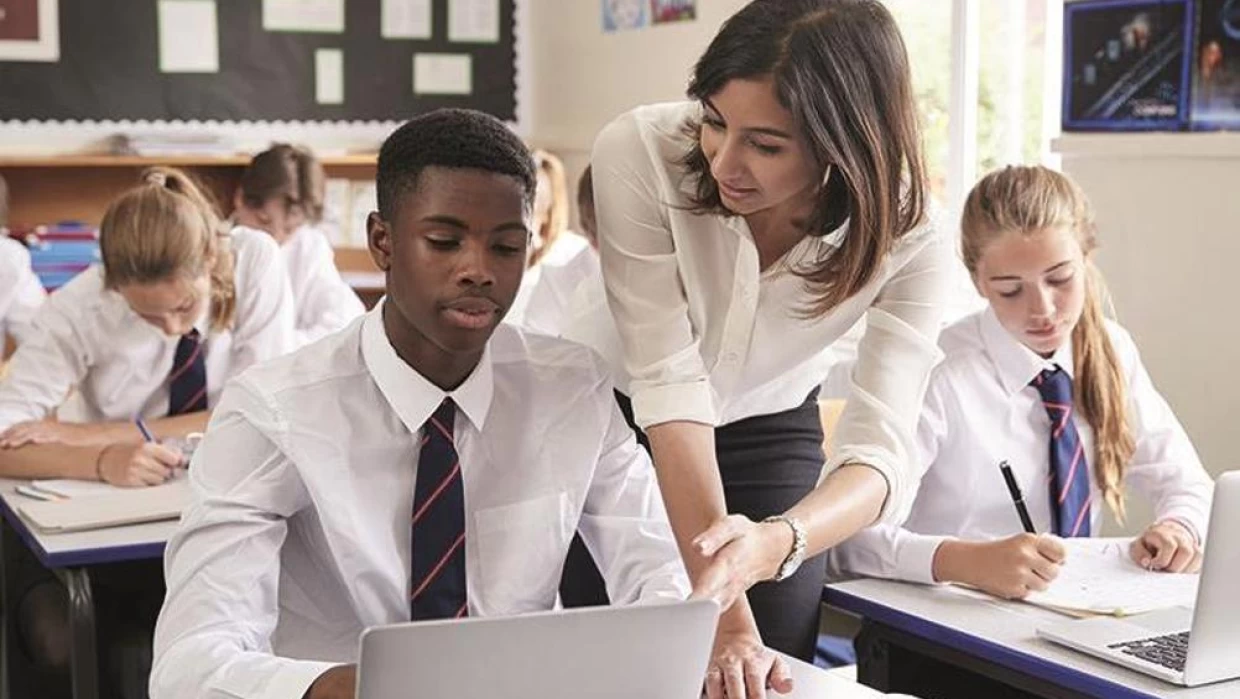
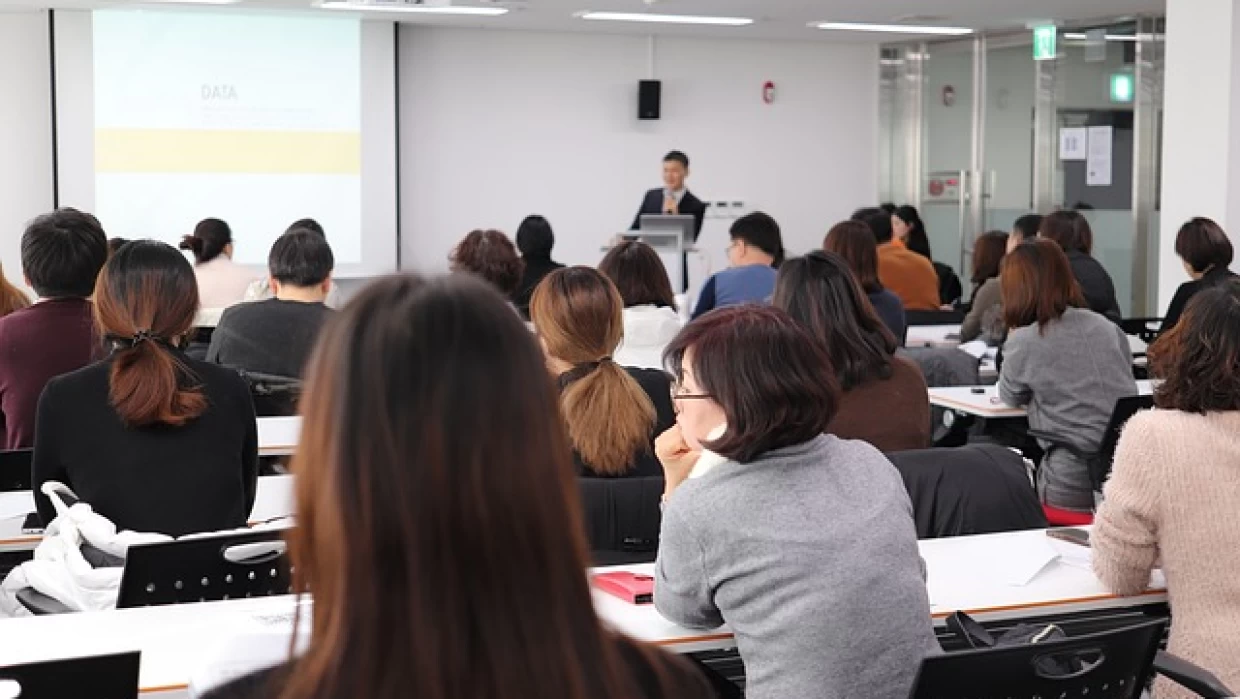


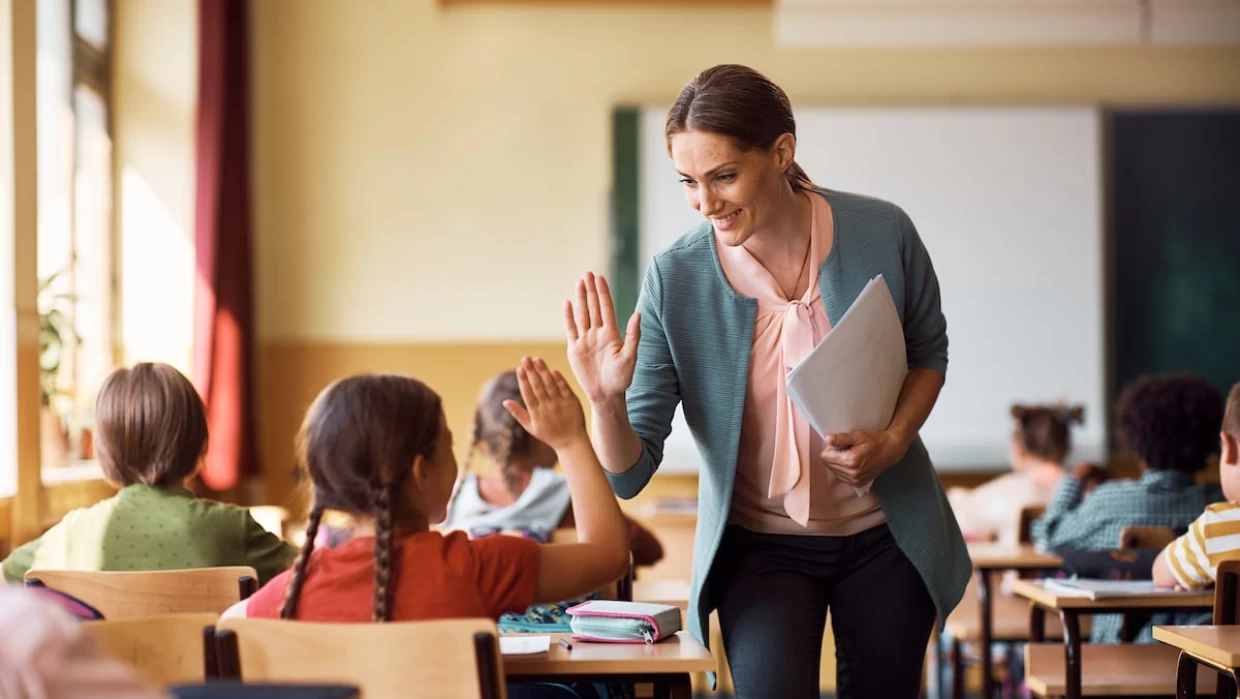
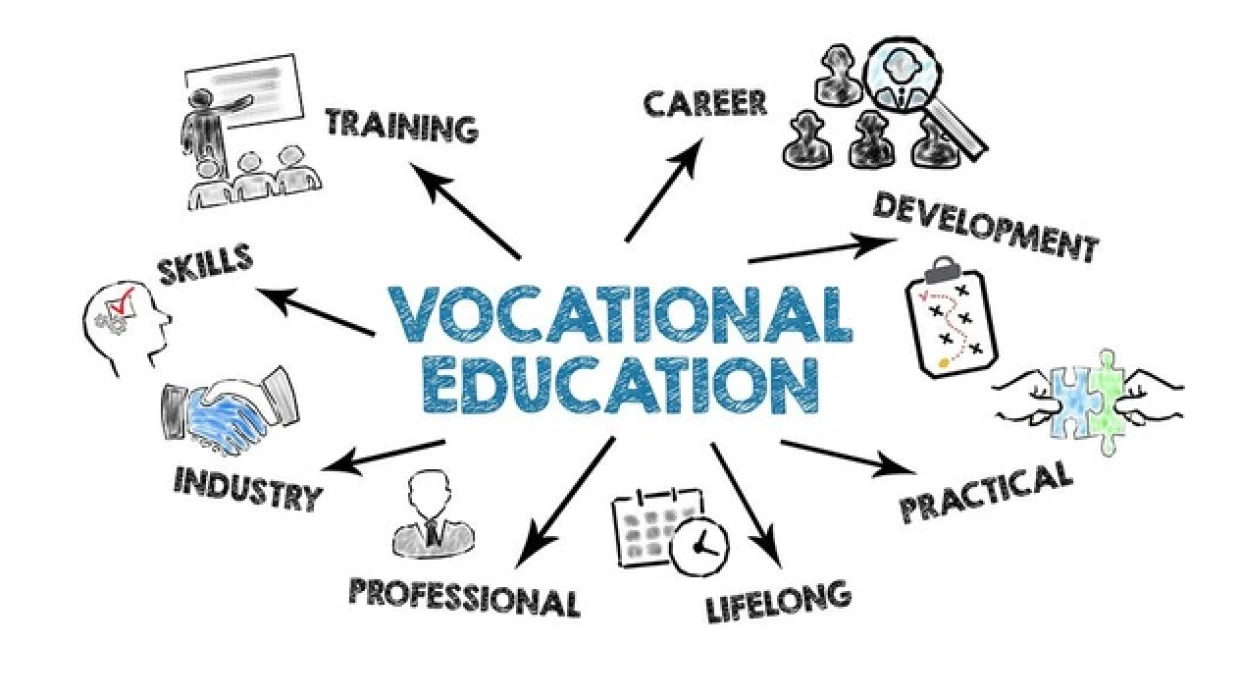
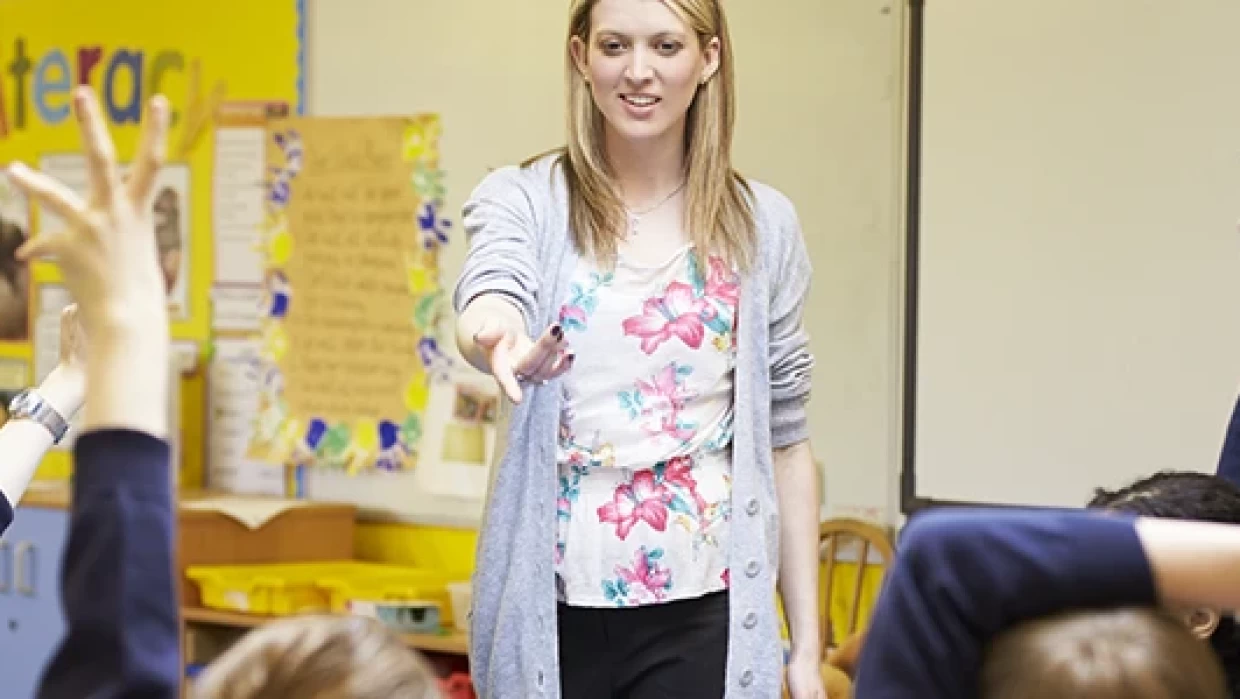

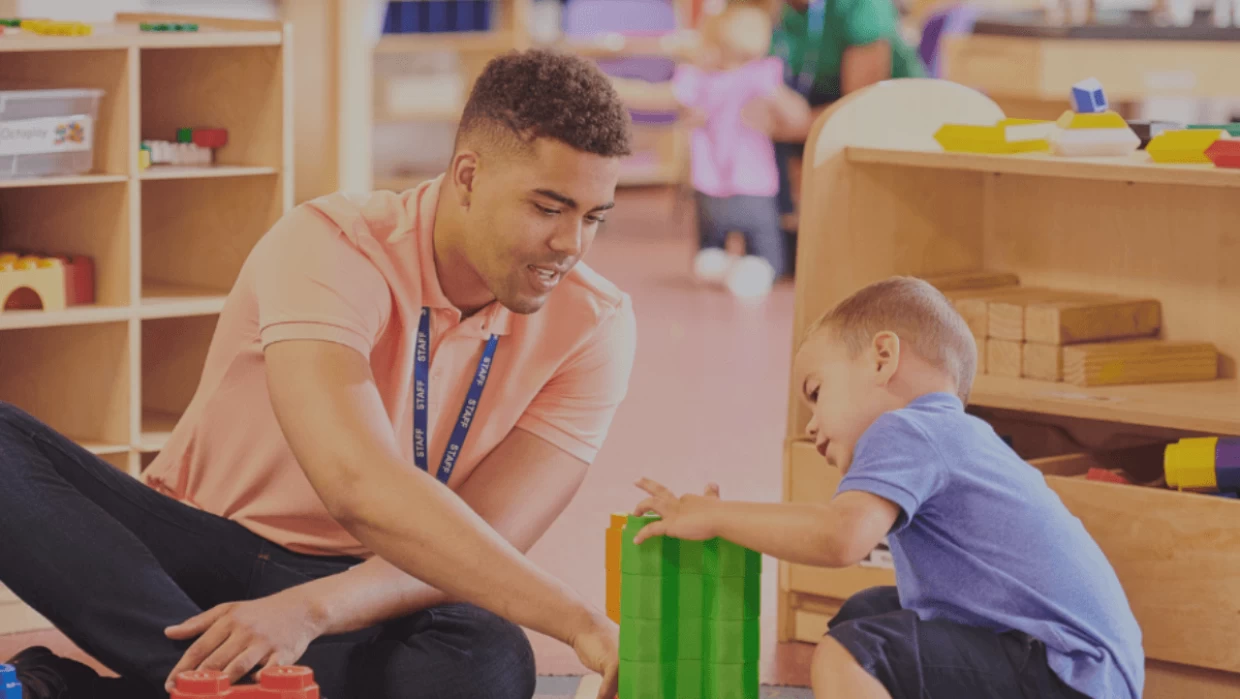

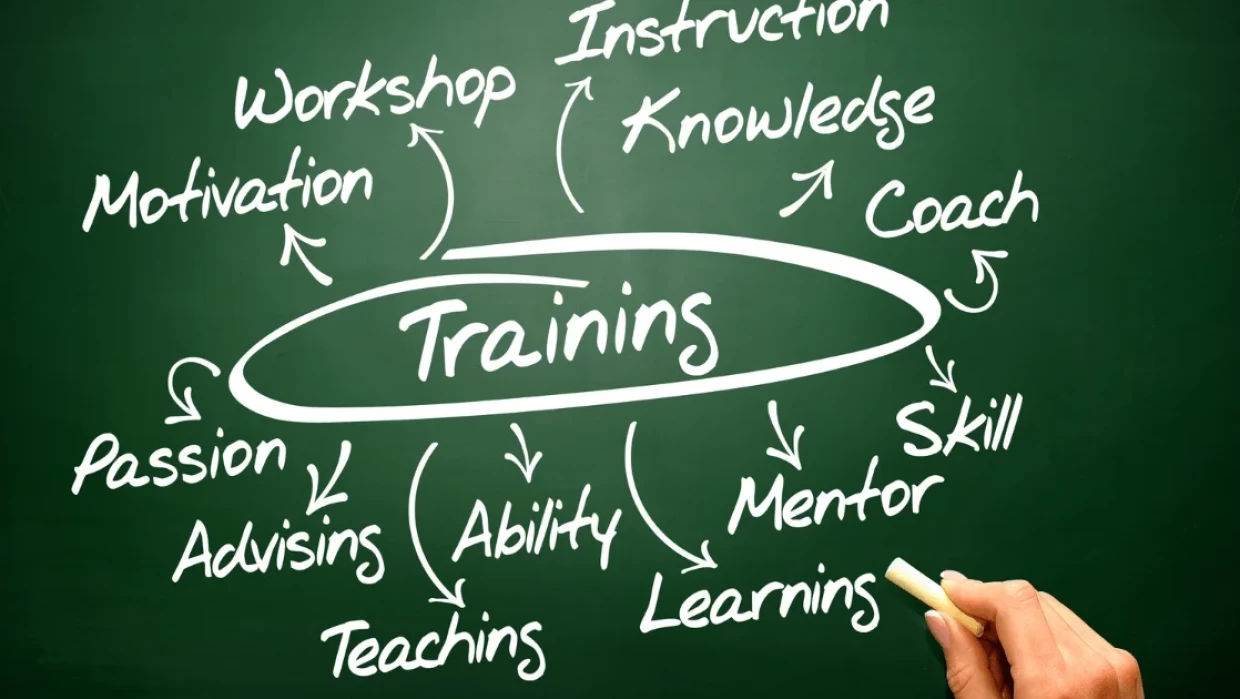

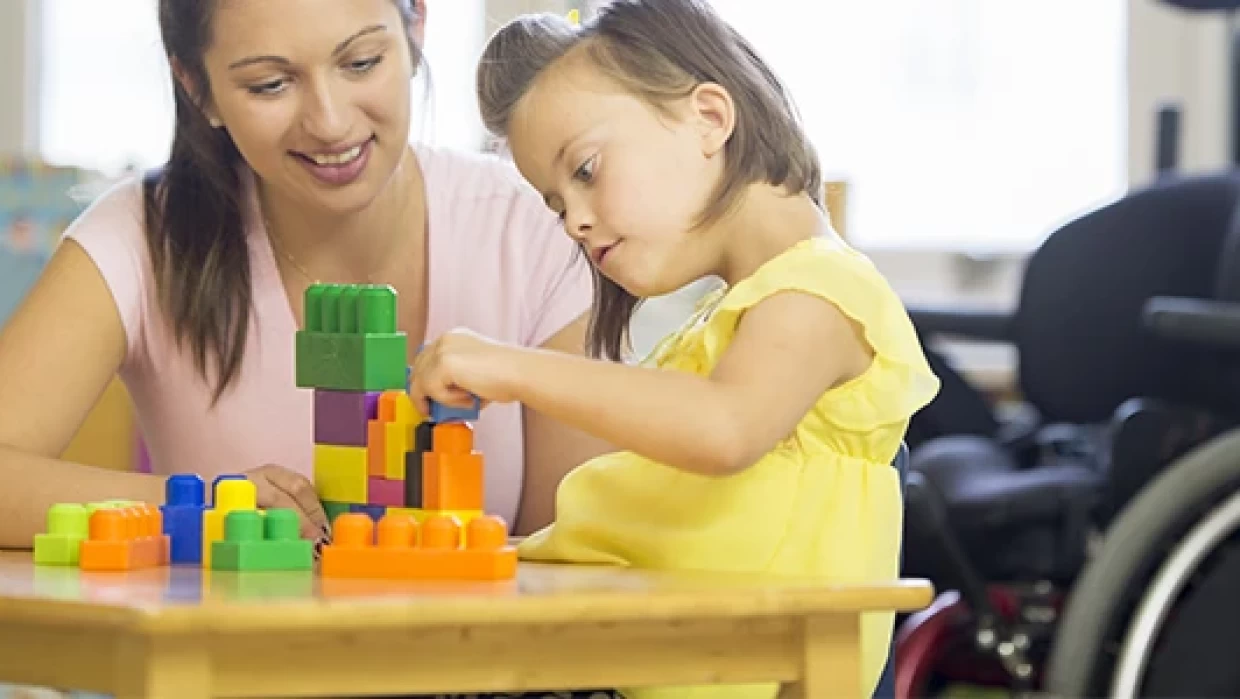
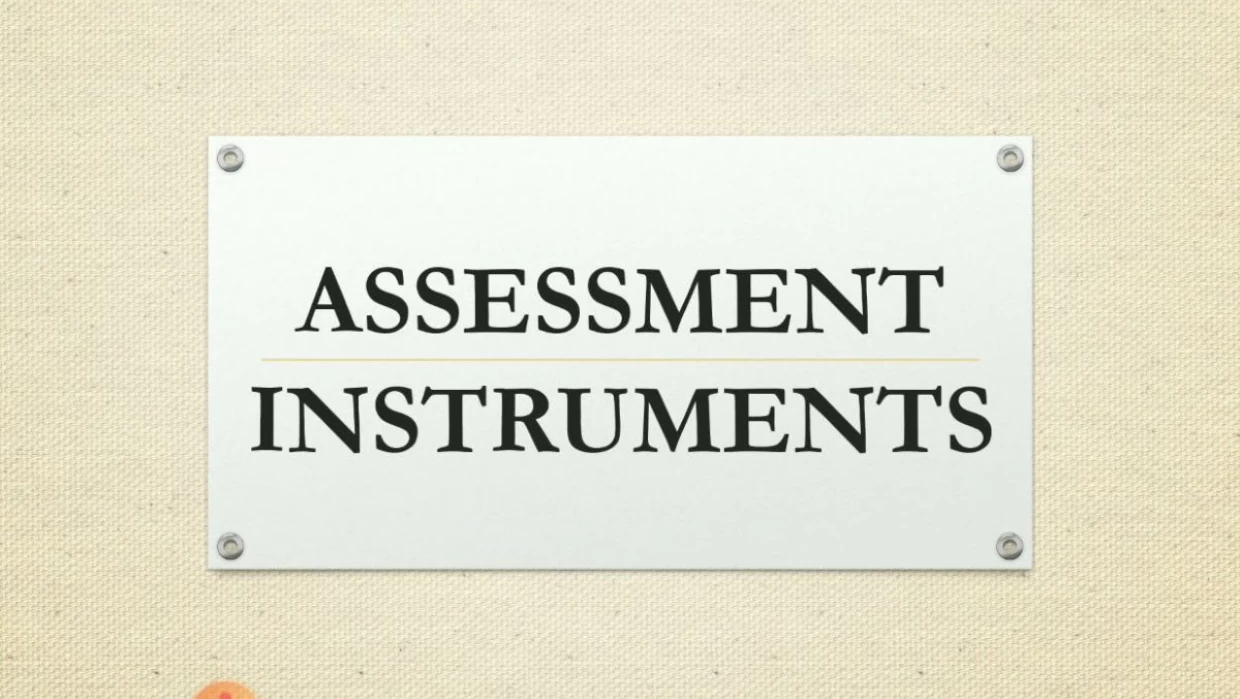


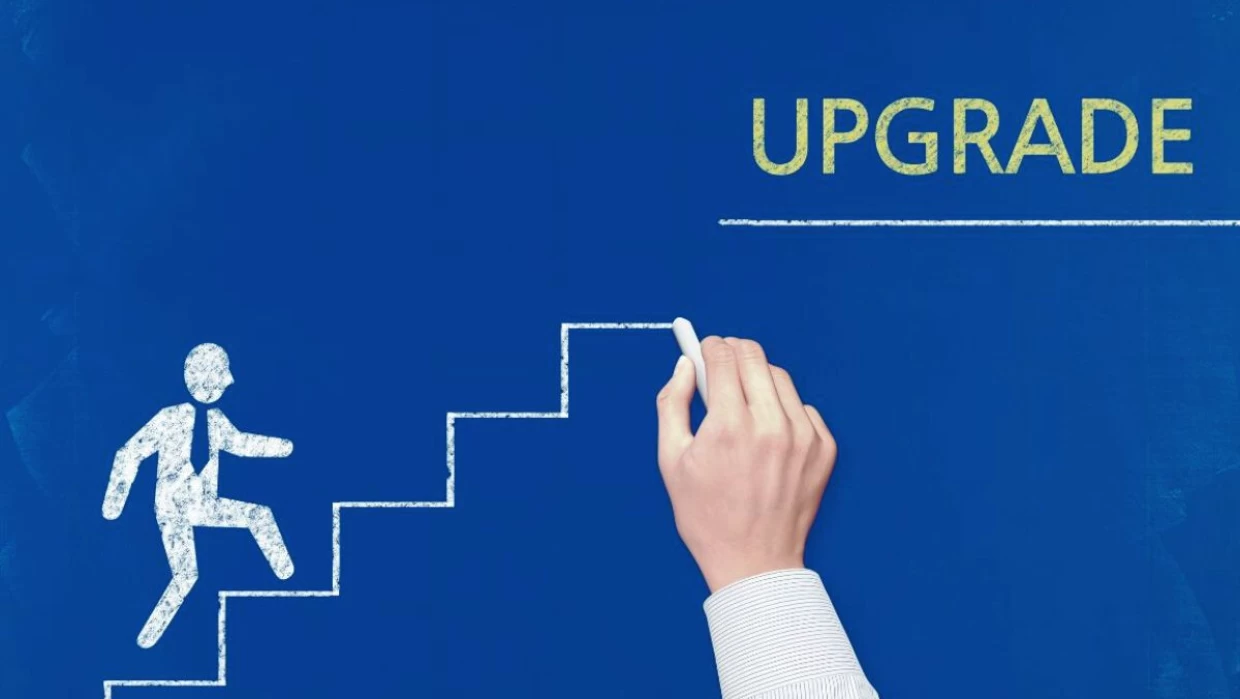
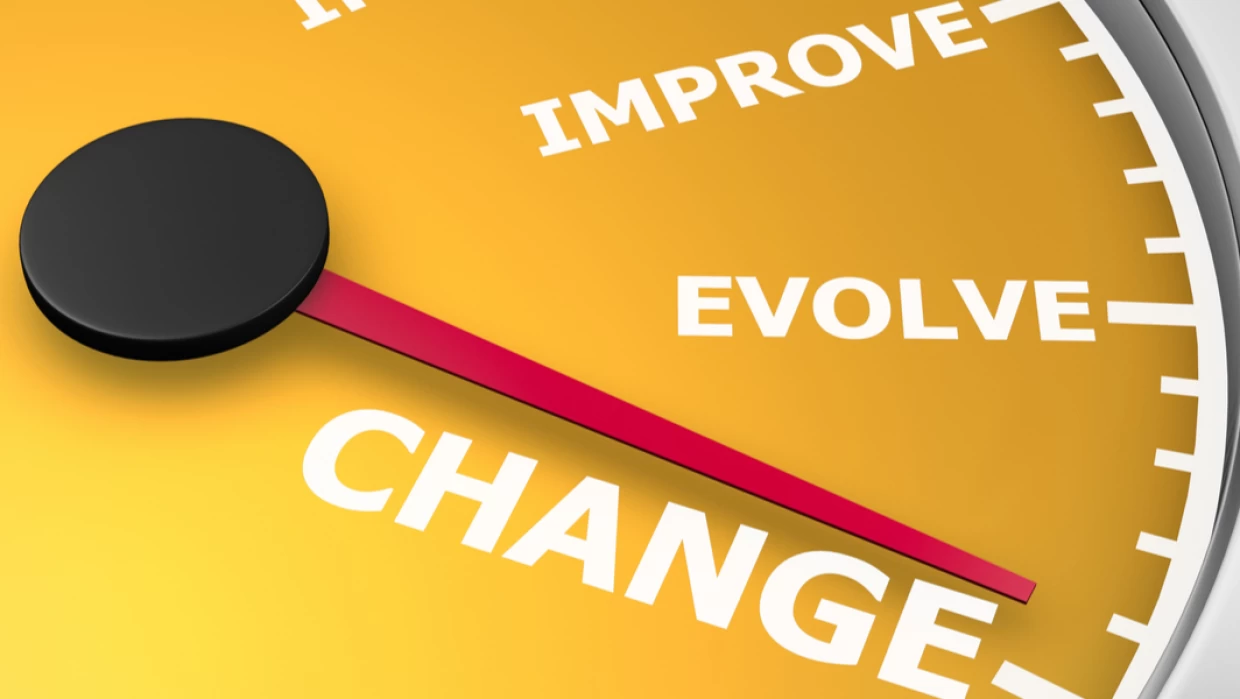
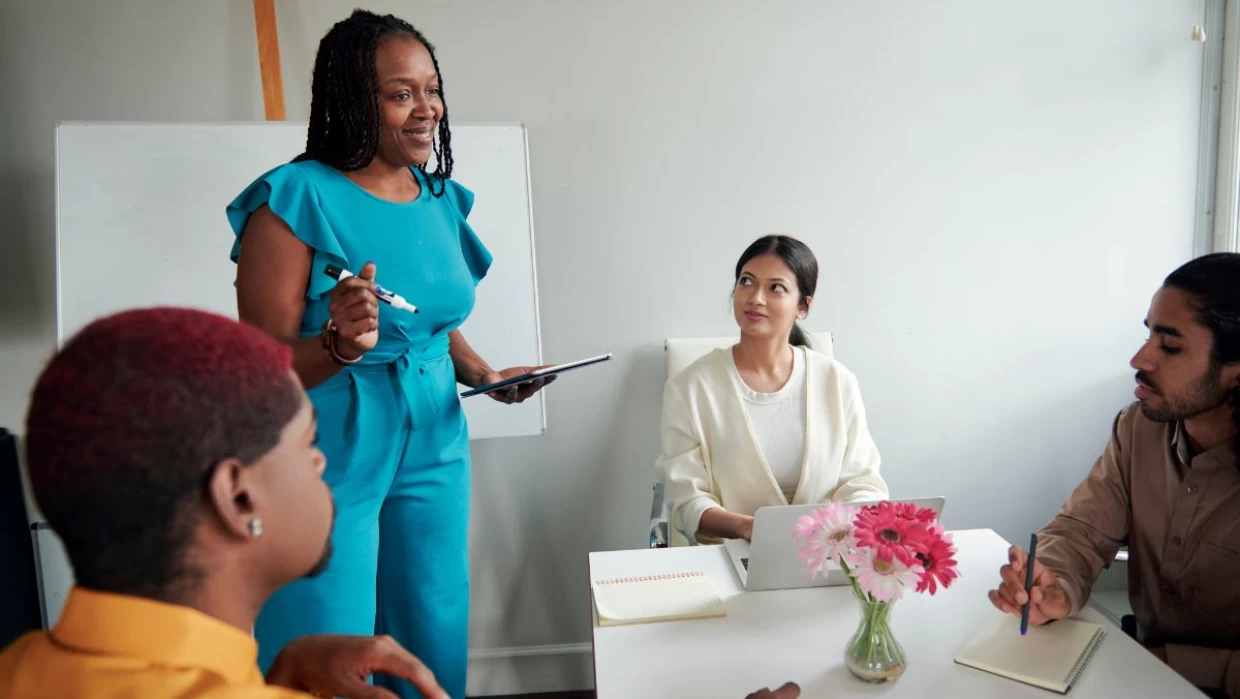
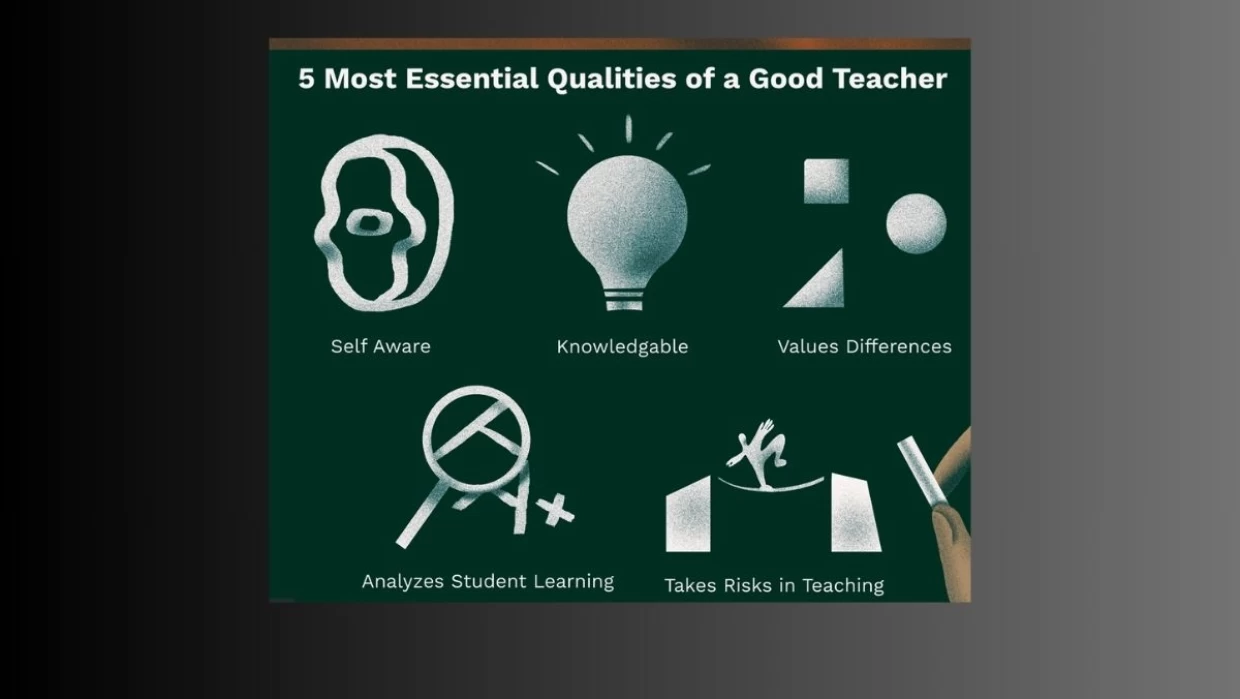
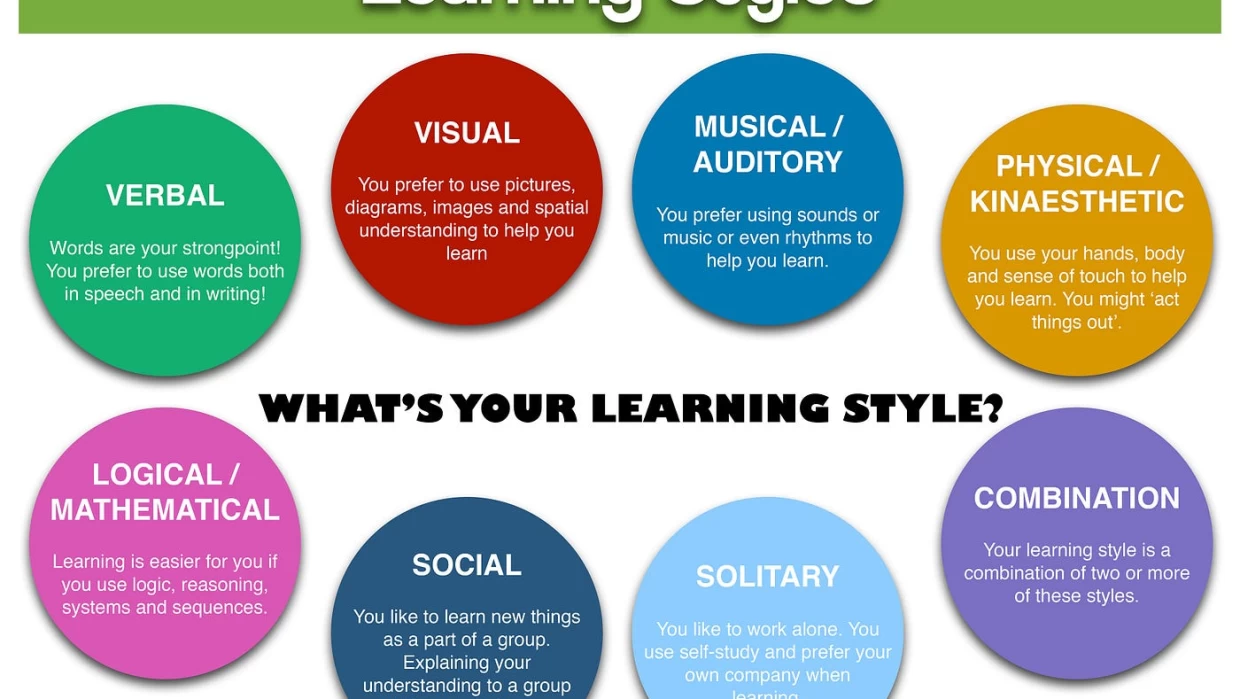
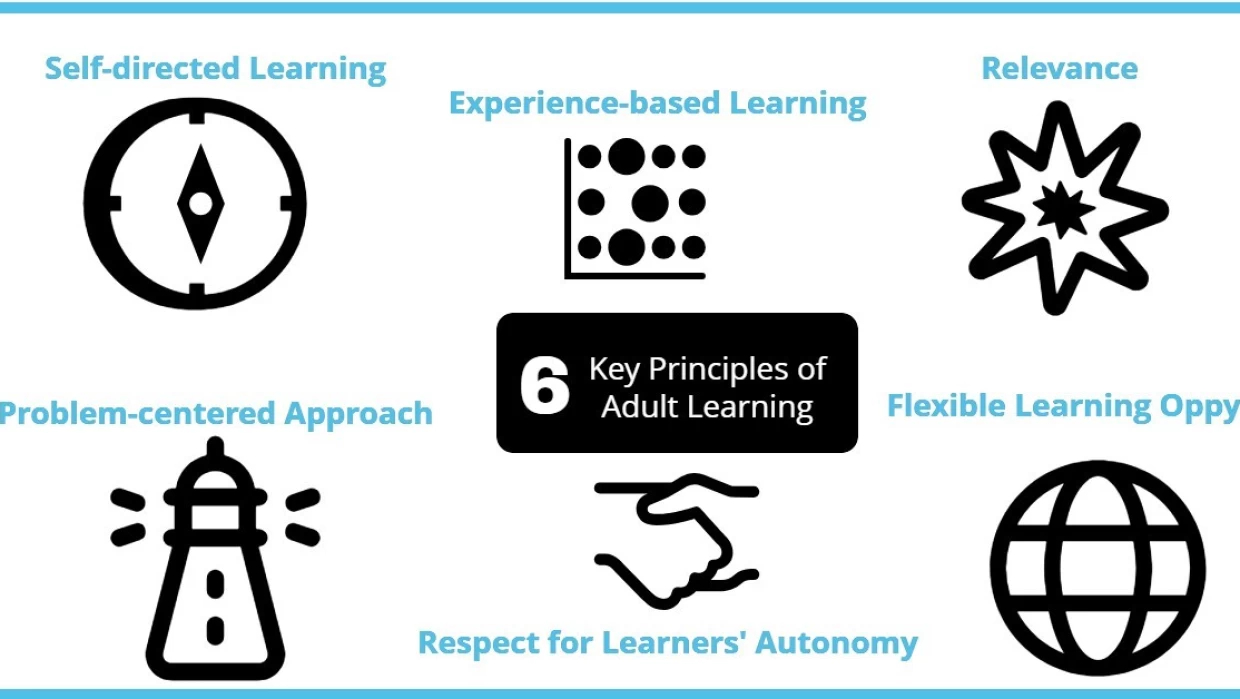
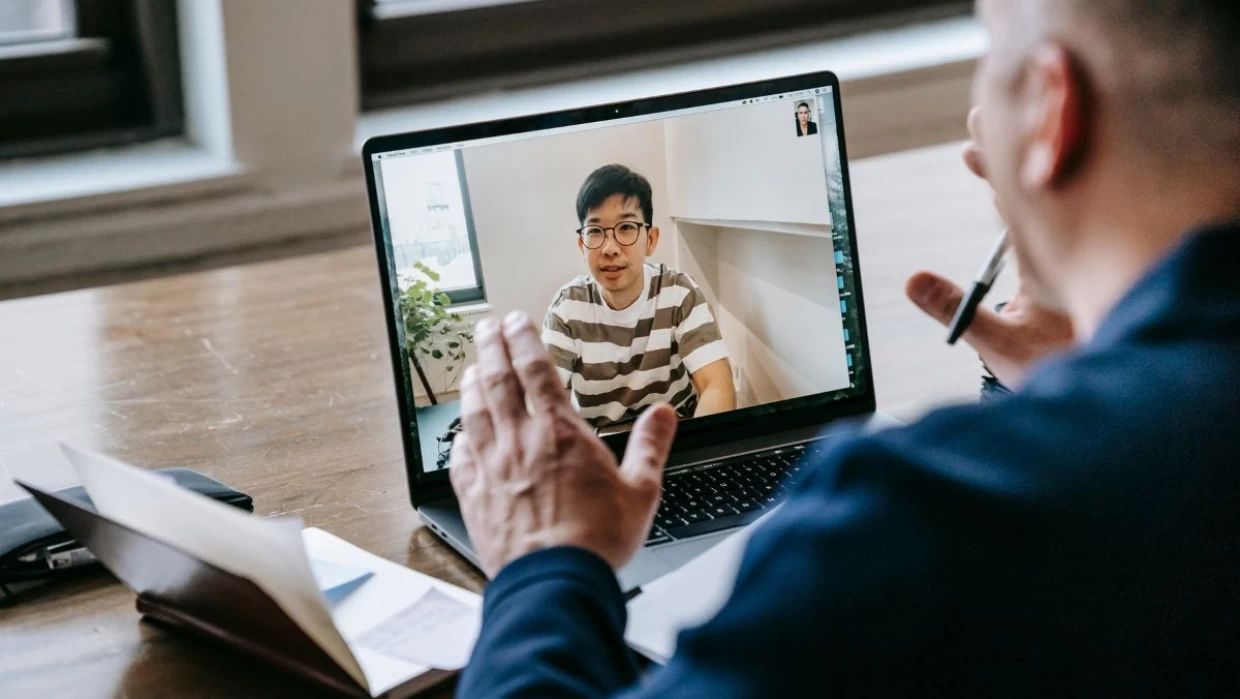

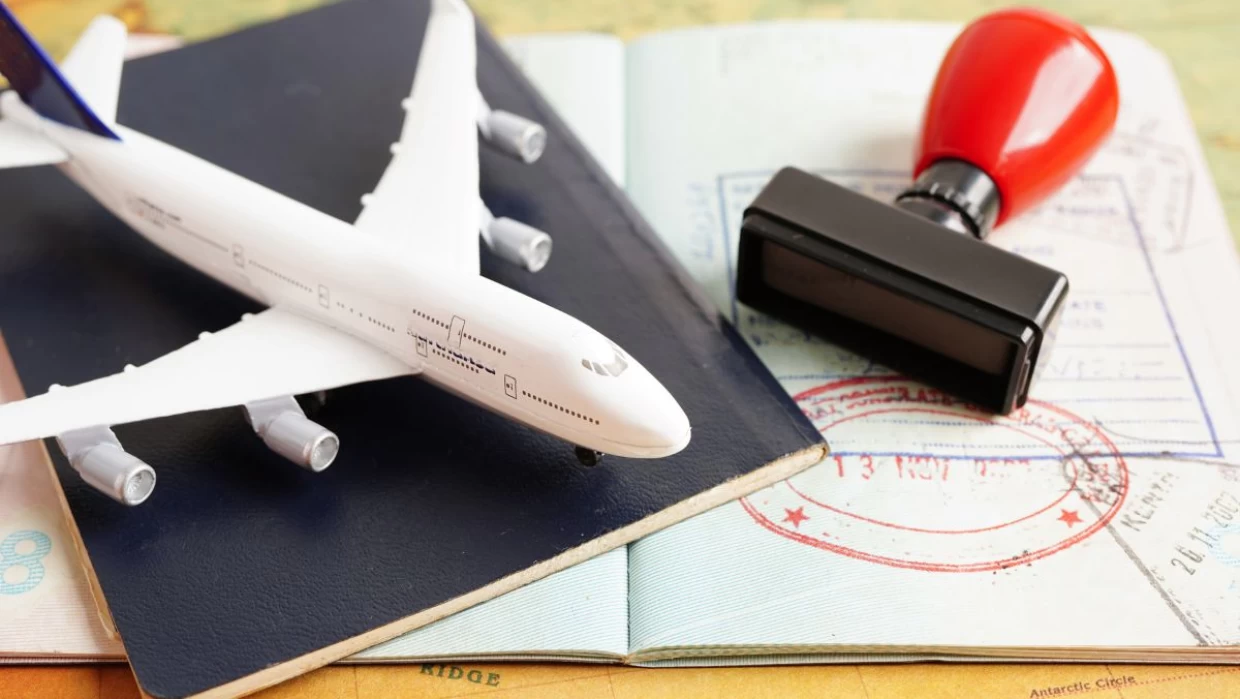
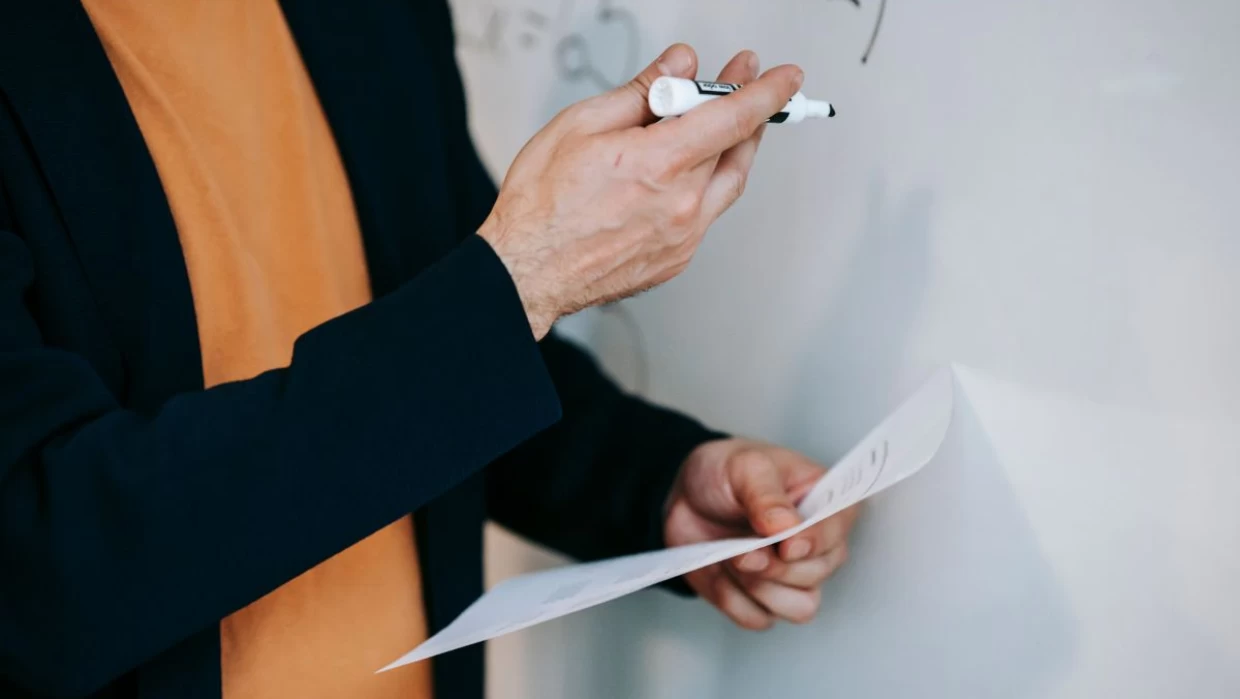
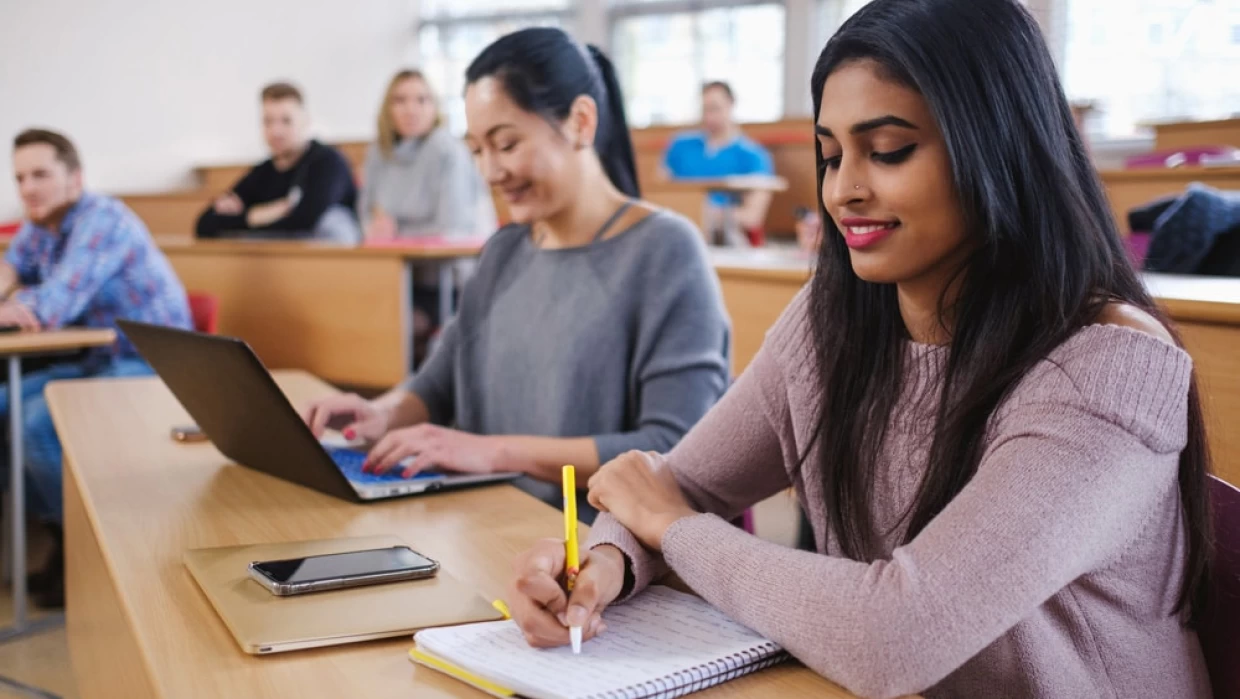
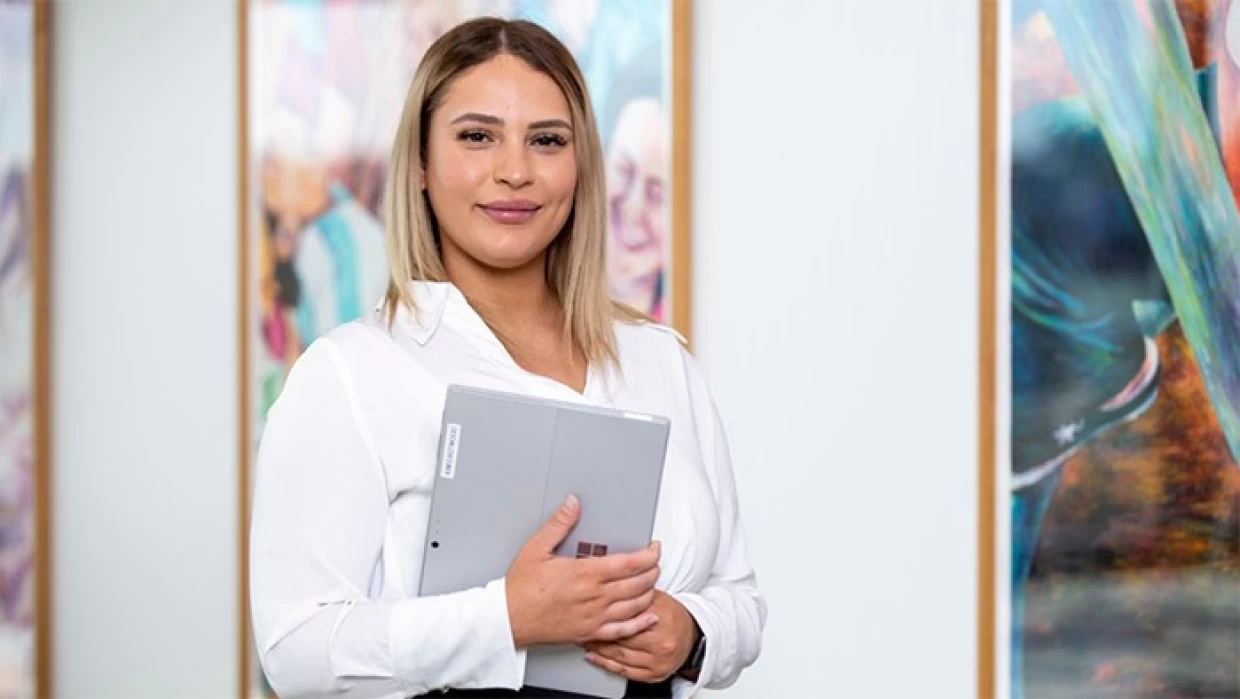
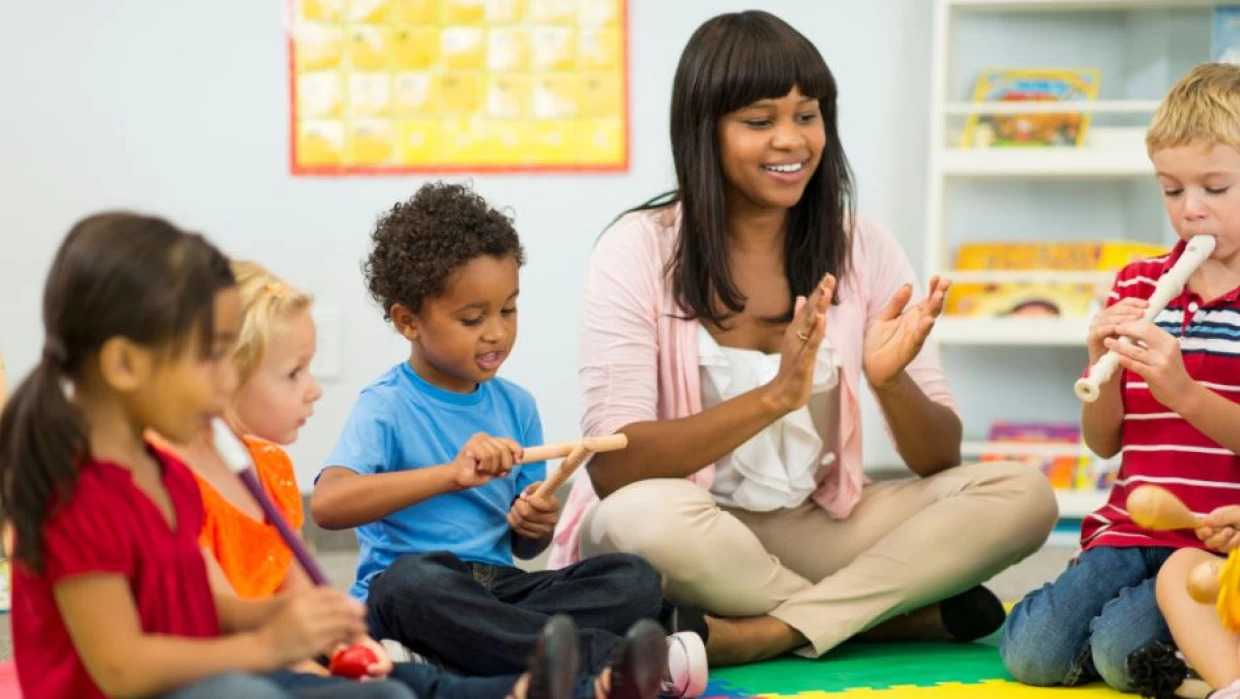






We would be delighted if you could get in touch with us.
Your email address will not be published. Required fields are marked